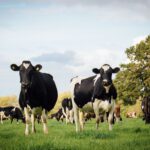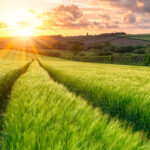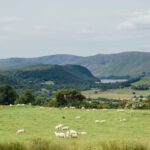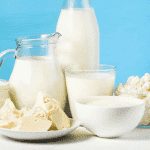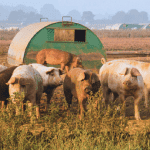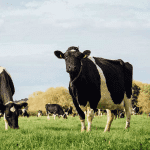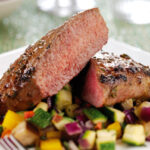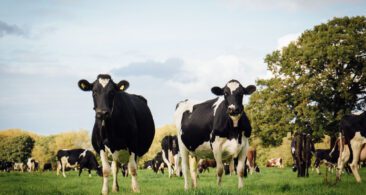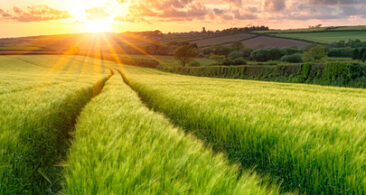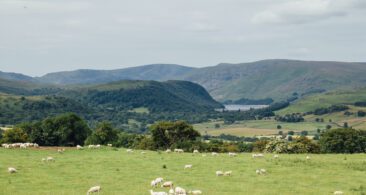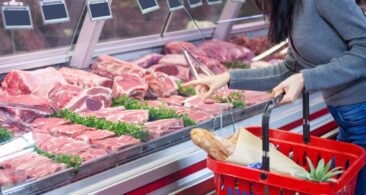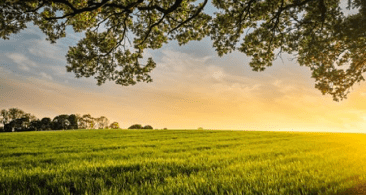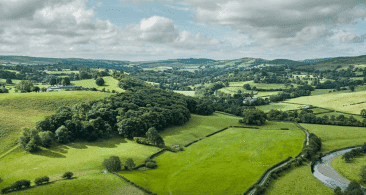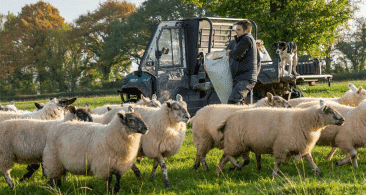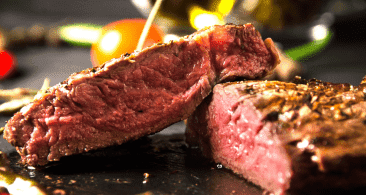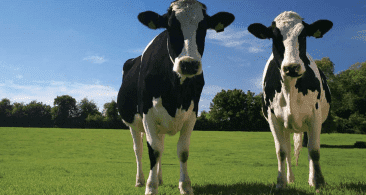Farmer Stories
Hear from farmers, leading the way to make changes on farm to become more environmentally friendly.
Managing land in an environmentally friendly way is a key responsibility of the modern-day farmer, whether that’s planting trees, providing wildflowers for our bee population or maintaining grazing land which can’t be used to grow crops. The carbon footprint of our beef, lamb and milk is lower than the global average* and reflects the hugely important and positive work our farmers are putting in every day.
Did you know?
Did you know British farmers are the custodians of almost a million hectares of woodland and forests?
Plus, since 2005 farmers have planted over 30,000km of hedgerows – helping biodiversity.
English farmers also help provide 19,000 hectares of meadows, which provide pollen and nectar sources.
The UK Soy Manifesto is a commitment to ensure all physical shipments of soy to the UK are deforestation free by 2025.
The UK’s food and farming industry has committed to only using sustainable soy in animal feed. Soyabean is a highly nutritious protein source for both humans and livestock but unsustainable soy can contribute to deforestation. By committing to this pledge, we can help protect our planet for future generations.
The UK soy Manifesto
Anna Blumfield, UK livestock farmer tells us how she reduced the use of soy on her farm:
“You may have heard that livestock farming contributes to deforestation because of unsustainable soy in animal feed. But, soy currently makes up as little as 5% of UK beef cattle feed. In fact, red meat produced in the UK is amongst the most sustainable in the world.
“On our farm we don’t use any soy to feed our animals. Instead, we grow a mix of different grasses, clovers and herbs to feed them all year round providing them with all the nutrients they need, sustainably.”
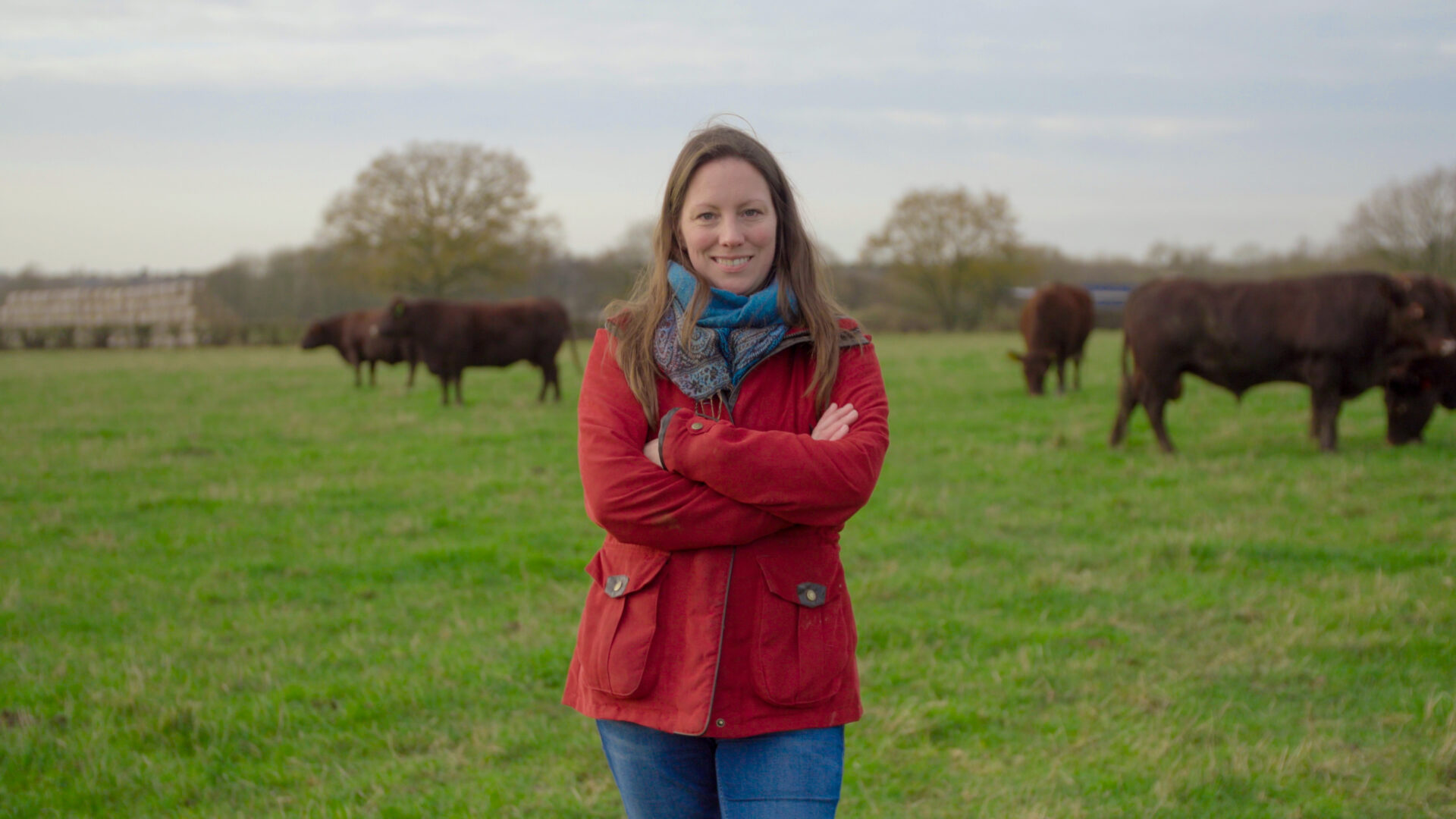
WORKING IN HARMONY WITH NATURE
Charlie Beatty, UK farmer tells us how she’s playing her part in helping to reduce dependency on artificial fertilisers and pesticides
“I care about the environment as much as anybody. Everybody needs to do their bit. Sustainability for me is protecting the environment for the future.
One example of how we farm is using sheep to graze our crops. The sheep produce natural dung fertiliser and eat the diseased leaves.
The livestock and crops work well together reducing dependency on artificial fertilisers and pesticides.”
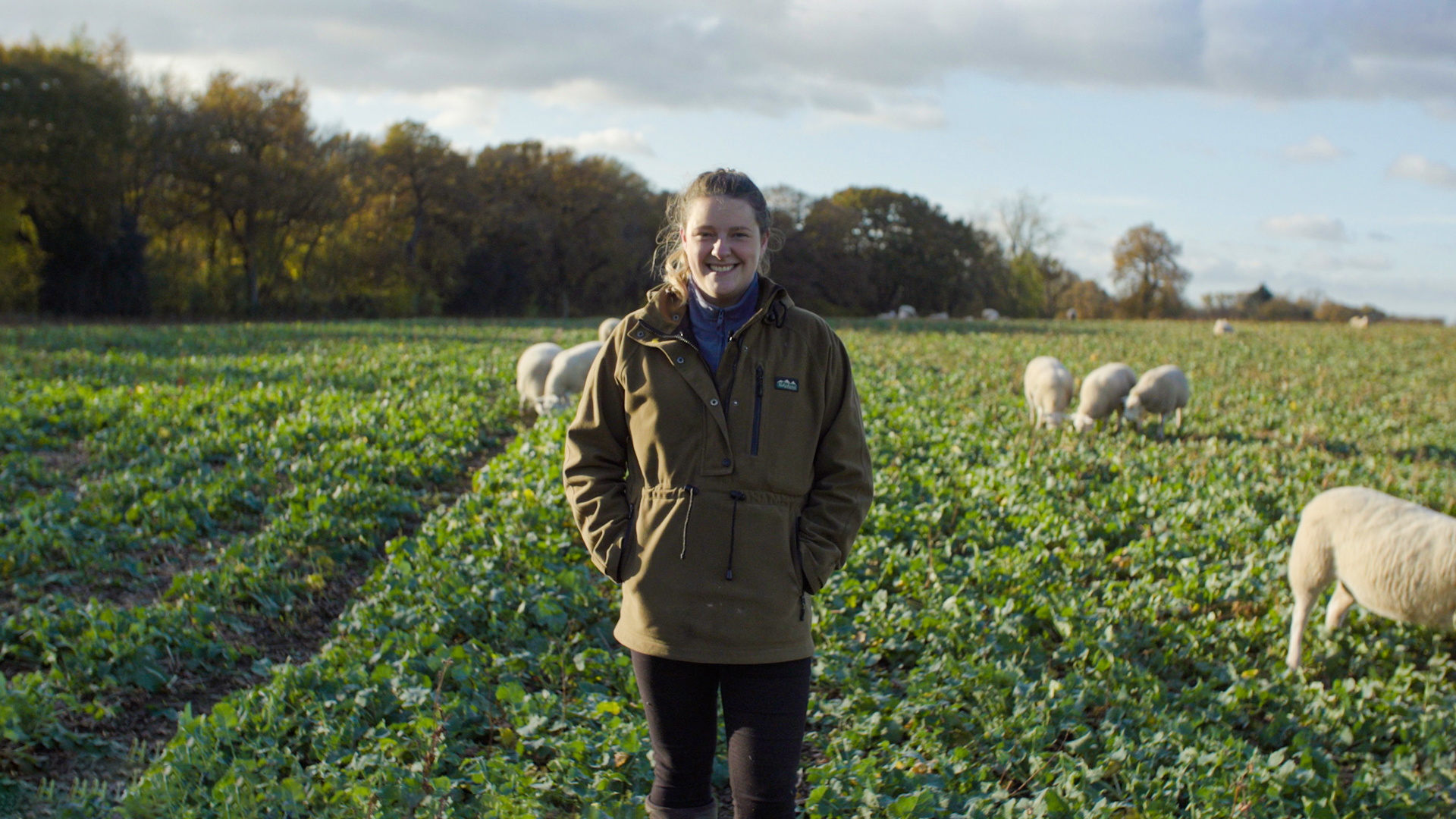
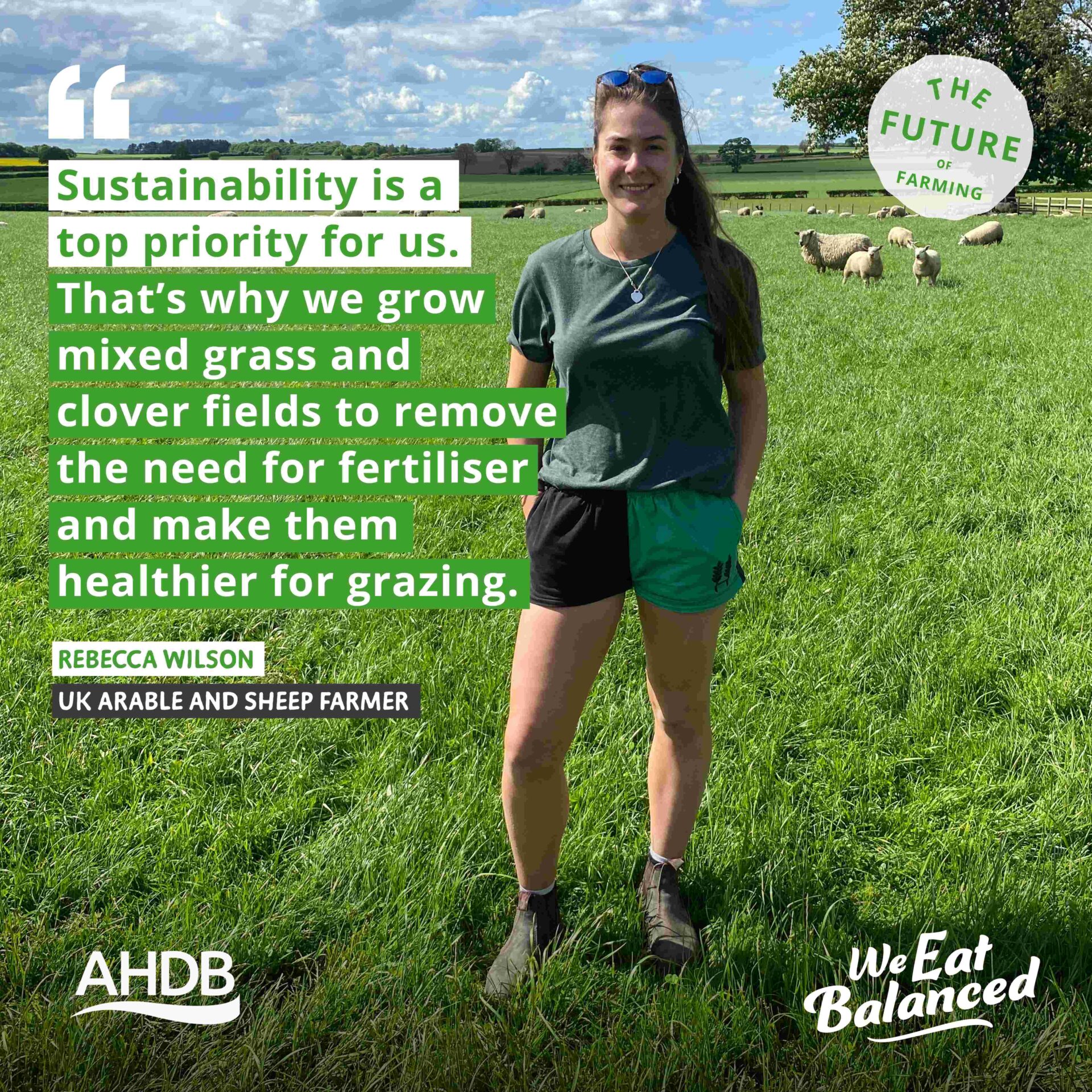
Looking after her farm animals in an environmentally friendly way is a top priority for Rebecca and her family. As you can see behind her, the sheep are grazing in a mixed grass and clover field.
Not only does this provide great nutrition, the clover in particular stores carbon dioxide in the soil which helps make the grass healthier and stronger.
The clover also acts as a natural fertiliser so they don’t need to use any artificial ones. This allows Rebecca to produce top quality food that has a lower environmental impact to help look after our planet.
Between 2021 and 2022, nitrogen fertiliser use in Britain fell by 18% (British survey of fertiliser practice 2022).
